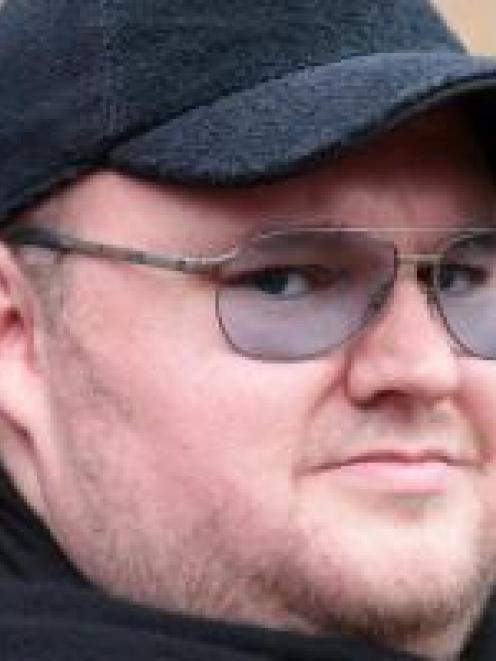
Harvard Law professor Lawrence Lessig has weighed into the Megaupload prosecution with a legal opinion that condemns the prosecution case against the filesharing website.
In an opinion released by Mr Dotcom's lawyers, Professor Lessig said the allegations and evidence made public by the US Department of Justice "do not meet the requirements necessary to support a prima facie case that would be recognised by United States federal law."
Professor Lessig is internationally regarded as an expert in copyright and fair use. He co-founded the non-profit Creative Commons and has written widely in articles and books on copyright, law and the internet age. The US-based Electronic Freedom Foundation said he had "played a pivotal role in shaping the debate about copyright in the digital age".
It comes ahead of the Megaupload case finally heading to court on Monday for an extradition hearing in which New Zealand Government lawyers will argue Mr Dotcom and three others should be sent to the US to face charges of criminal copyright violation, conspiracy to violate copyright, money-laundering and operating as an organised criminal conspiracy.
Megaupload was a file storage website that claimed 1 billion users and 4% of the world's internet traffic when it was shut down by the FBI in January 2012.
The FBI charged seven people involved in the company, arresting its founder Dotcom in New Zealand, along with programmers Mathias Ortmann and Bram van der Kolk and advertising manager Finn Batato. The men face decades in jail if found guilty in the US.
Prof Lessig said the US case against the Megaupload defendants was a collection of "facts from multiple sources and over a wide span of time" that had been organised "to create an impression of coherence and substance".
But he said study of the US indictment, which detailed evidence and charges - the same case to be presented in New Zealand courts - showed the actions were "not prohibited by criminal statutes of the United States".
"Filings of the DOJ attempt to create a false impression of criminal guilt and are not reliable."
Prof Lessig said it was accepted the US was unable to extradite on the charge of copyright violation which meant the conspiracy claims had a central importance.
However, he said the copyright charges were the underlying legal foundation on which the rest of the case was built. He pointed to a finding from he said New Zealand district court judge David Harvey that said the case would "hang upon the establishment of criminal copyright infringement".
But Prof Lessig said "no individual Megaupload defendant is shown to have so 'willfully' or criminally copied or distributed a copyrighted work".
He said there was no legal basis for Megaupload staff being held criminally responsible for a third-party copyright violation. "A crime of conspiracy requires an agreement with criminal infringers. No such agreement is shown."
His total review of the case concluded with the finding there was no legal basis for extradition.
It is not the first time Prof Lessig has dissected an FBI case. He marked his appointment as Professor of Law at Harvard with an address on the case of Aaron Swartz, the brilliant young entrepreneur, programmer and online activist who took his life while under federal indictment for taking a database of scholarly journals.
Prof Lessig - who knew Swartz well - attacked the FBI for its prosecution of a case which threatened to jail the young man for 35 years.
- By David Fisher of the New Zealand Herald












